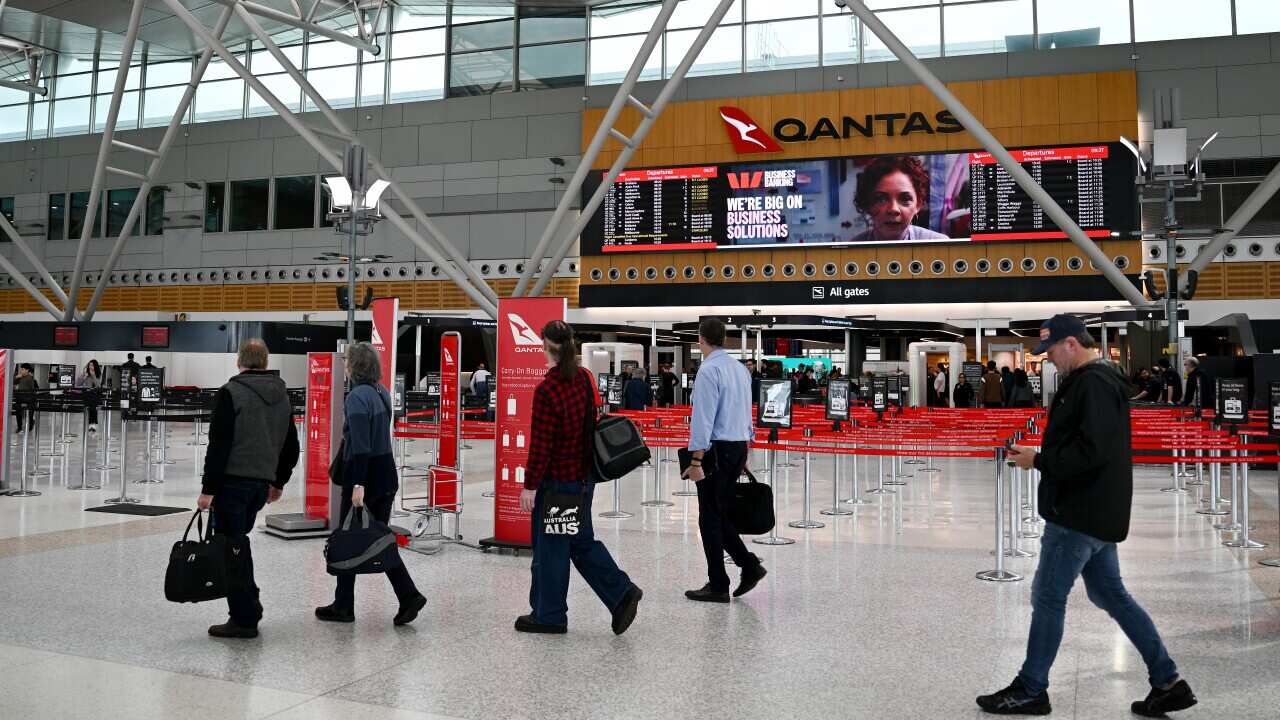Marine ecologist Associate Professor Adriana Vergés is convinced that the constant bombardment of information about the effects of climate change leads people to pessimism and frustration.
"In general we are more receptive to bad news and problems than to good news, and when we get saturated with messages of the destruction of the environment, we say ‘this is impossible to solve' and we give up," she tells SBS Spanish.
She has instead set out to tackle the issue by focusing on solutions that can solve environmental problems without the negative connotations. Her approach inspired a joint contribution to successfully implement Operation Crayweed – a project to restore the seaweed banks in the coastal waters off Sydney, an initiative that began in 2011.
Her approach inspired a joint contribution to successfully implement Operation Crayweed – a project to restore the seaweed banks in the coastal waters off Sydney, an initiative that began in 2011.

Associate Professor Adriana Vergés Source: UNSW
"We started restoring a few metres of these underwater forests on Bondi Beach and now there are hundreds of metres populated with them and we have seen this growth in only three or four years."
Her work was recently recognised by the University of New South Wales, who named her as the inaugural winner of the Emerging Thought Leader Prize.
"I am very happy and very proud, I did not expect it. It is recognition of the teamwork of a few years."
Awareness campaign
As part of Operation Crayweed, Prof Vergés engaged artists, producers and academics to create an awareness campaign to take the science to the public. She involved the artists to collaborate with schools to create animated shorts to further spread the word.
“The most effective way to understand what is happening is through stories and art, which makes us connect with the problem and the situation in a more emotional way. So people start collaborating with the program.” Prof Vergés and her team are now monitoring the health of the algae forests in the Cabbage Tree Bay, in the Sydney suburb of Manly.
Prof Vergés and her team are now monitoring the health of the algae forests in the Cabbage Tree Bay, in the Sydney suburb of Manly.

The project used art to connect the science to the community. Source: UNSW
The rising presence of fish and other species and the good health of the water due to the increase in algae has inspired the local community to commit to the care of this precious ecosystem.
She explains that the success of her projects is partly due to the work done in the past to eliminate sewage water that contaminated beaches in Manly and Bondi.
“We have improved water quality in an absolutely spectacular way. People who lived in Sydney in the '80s and '90s will remember that they often could not bathe on beaches such as Bondi or Manly because there was sewage that was pure pollution. This is evidence that we can solve new problems.”
Convincing politicians
Ms Vergés says she’s frustrated by the lack of commitment by federal and state politicians in caring for the environment.
However, she believes that by raising awareness the community, the tide will eventually turn.
“Politicians care about the voters. If we raise awareness in the Australian population, this will end up impacting politicians and this is already happening a bit, as is the case of the Wentworth [electorate] in Sydney, where climate change is a very important issue for them.”









